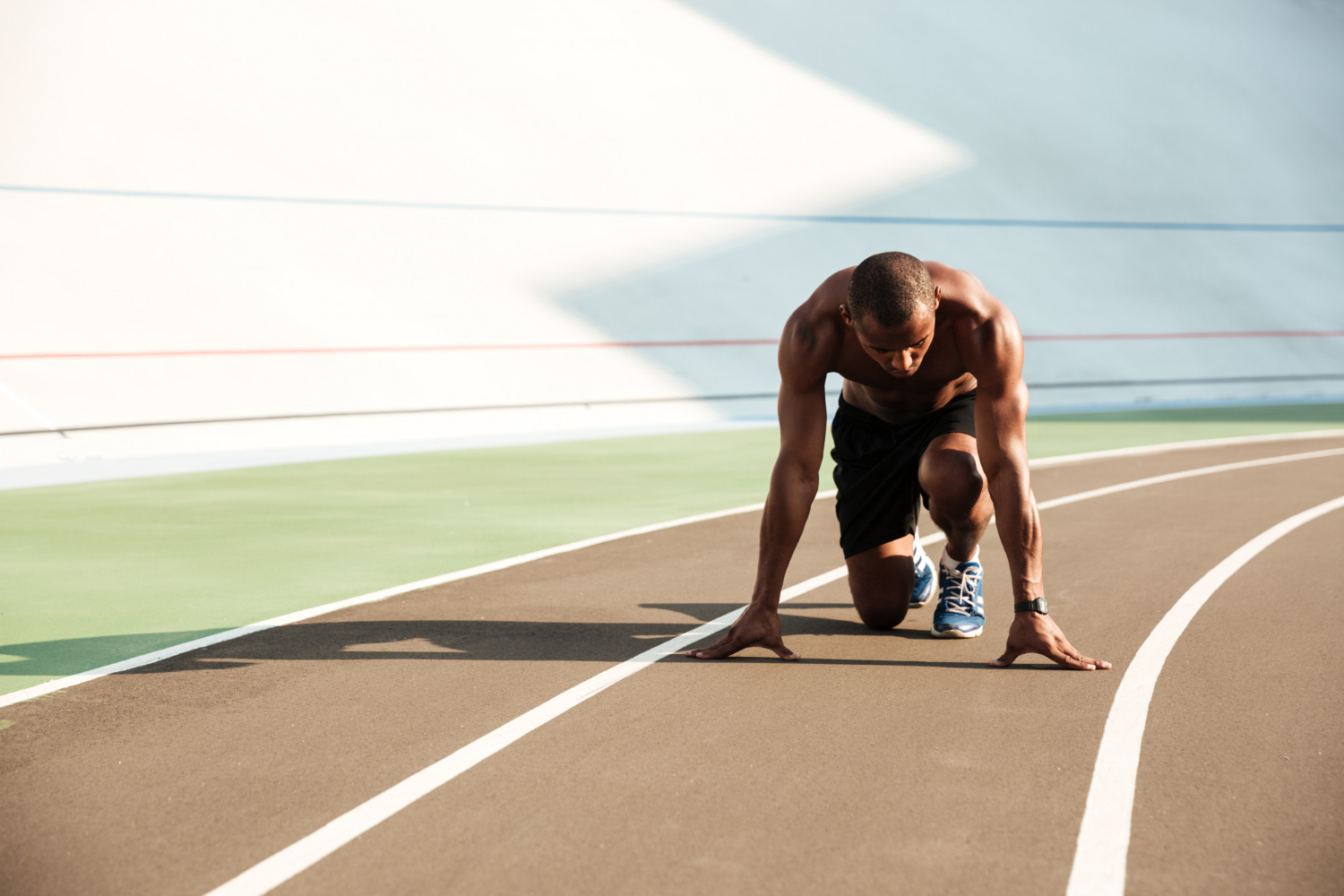Introduction
CBD (cannabidiol) has become increasingly popular in recent years for its potential therapeutic properties. However, when it comes to CBD use among NCAA (National Collegiate Athletic Association) athletes, there are specific regulations and considerations to be aware of. This comprehensive guide aims to provide an in-depth understanding of the rules surrounding CBD use in NCAA sports, the potential benefits and risks, and the current landscape of CBD in collegiate athletics.
Table of Contents
- Understanding CBD and Its Benefits
- NCAA Regulations on CBD
- Differentiating CBD from THC
- Potential Benefits of CBD for Athletes
- Considerations and Risks of CBD Use
- CBD Testing in NCAA
- CBD Products and Safety
- Navigating Legalities and State Laws
- CBD Education and Awareness
- Conclusion
Understanding CBD and Its Benefits
CBD is a natural compound derived from the cannabis plant. Unlike THC (tetrahydrocannabinol), it does not produce psychoactive effects and is not considered a performance-enhancing substance. CBD has been recognized for its potential therapeutic properties, including anti-inflammatory, analgesic (pain-relieving), and anxiolytic (anxiety-reducing) effects. These properties have made CBD appealing to athletes for potential recovery and overall well-being.
NCAA Regulations on CBD
The NCAA has specific regulations regarding the use of substances by collegiate athletes. As of the knowledge cutoff in September 2021, CBD was considered a banned substance by the NCAA. However, regulations are subject to change, and it is essential for athletes to stay updated on the most current policies regarding CBD use in NCAA-sanctioned sports.
Differentiating CBD from THC
While CBD and THC are both compounds derived from the cannabis plant, they have distinct effects on the body. THC is the psychoactive component responsible for the “high” associated with marijuana use. CBD, on the other hand, does not produce intoxicating effects. It is crucial for athletes to understand this distinction, as THC is typically banned by the NCAA due to its psychoactive properties.
Potential Benefits of CBD for Athletes
CBD has shown potential benefits for athletes, including aiding in recovery, reducing inflammation, managing pain, improving sleep quality, and reducing anxiety. However, it is important to note that the research on CBD’s effects specifically on athletes is still limited, and further studies are needed to fully understand its potential benefits and optimal usage.
Considerations and Risks of CBD Use
While CBD is generally considered safe, there are potential risks and considerations for athletes. One concern is the potential for mislabeled or contaminated CBD products, which may contain higher levels of THC than advertised. Athletes should prioritize purchasing CBD products from reputable sources that provide third-party lab testing results to ensure quality and safety.
CBD Testing in NCAA
The NCAA conducts drug testing to ensure compliance with its regulations. As of the knowledge cutoff in September 2021, CBD was included in the NCAA’s list of banned substances. However, the NCAA has increased the allowed threshold for THC, meaning that athletes can have trace amounts of THC in their system without facing penalties. It is crucial for athletes to be aware of the specific regulations and testing protocols implemented by their respective athletic programs and the NCAA.
CBD Products and Safety
CBD products are available in various forms, including oils, tinctures, capsules, topicals, and edibles. Athletes should exercise caution when selecting CBD products, ensuring they come from reputable sources and undergo third-party testing for purity and potency. It is recommended to consult with a healthcare professional experienced in CBD use to determine the most suitable product and dosage for individual needs.
Navigating Legalities and State Laws
While the NCAA sets regulations for CBD use in collegiate athletics, it is important to consider the legal landscape at the state level. State laws regarding CBD can vary, and athletes should familiarize themselves with the specific regulations in their state of residence and the states they compete in.
CBD Education and Awareness
As CBD continues to gain popularity, education and awareness play a crucial role in ensuring safe and responsible use among athletes. Athletes should stay informed about the latest research, regulations, and guidelines related to CBD use in their athletic programs. Seeking guidance from sports medicine professionals and certified CBD experts can provide valuable information and support.
Conclusion
CBD use among NCAA athletes is subject to specific regulations and considerations. While CBD has potential therapeutic benefits, including recovery, pain management, and anxiety reduction, it is crucial for athletes to be aware of the NCAA’s regulations on CBD use. Additionally, athletes should prioritize product safety, legality, and awareness of state laws. Staying informed, seeking expert advice, and following the guidelines set forth by the NCAA will help athletes make informed decisions regarding CBD use while maintaining compliance with collegiate athletics regulations.
- How to Stop Eating Junk Food: 10 Tips - July 18, 2023
- Can Ncaa Athletes Use CBD? - June 26, 2023

